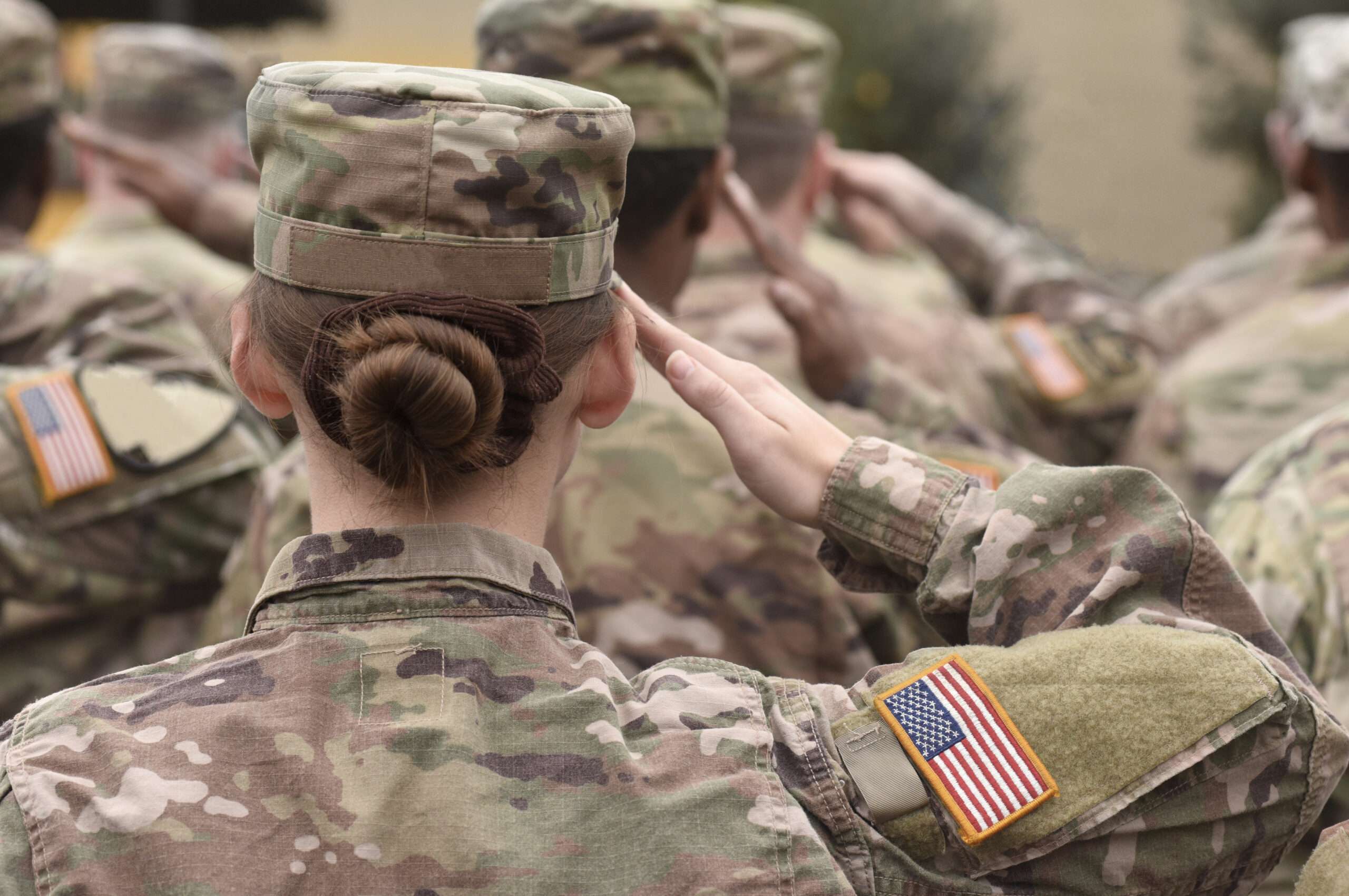The House passed a significant defense bill on Friday evening, which included a provision for automatically enrolling young men aged 18 to 26 in the Selective Service.
The House’s version of the National Defense Authorization Act (NDAA), approving $895 billion in military spending, passed by a vote of 217–199. The bill may not be taken up by the Democrat-controlled Senate due to various amendments related to abortion, diversity efforts, and transgender medical treatments. However, the inclusion of the Selective Service provision reflects a bipartisan effort to maintain the framework for military conscription, even though the draft was discontinued in 1975.
The automatic registration would eliminate the traditional method where 18-year-old male U.S. citizens receive a card in the mail from Uncle Sam, informing them of the requirement to register for the Selective Service under penalty of criminal consequences.
Supporters of the legislation argue that it offers a more efficient and cost-effective approach.
“By utilizing federal databases, the [Selective Service] agency can register all necessary individuals, ensuring fairness and equity in any future military draft,” stated Rep. Chrissy Houlahan (D–Pa.) on the House floor. “This will also allow us to redirect resources towards readiness and mobilization instead of education and advertising campaigns aimed at registration.”
Another effect would be removing the choice of young men to engage in civil disobedience.
The draft is a significant concern for Houlahan, an Air Force veteran, who also led a House bill in 2021 to mandate women’s registration with the Selective Service, effectively doubling the draft pool.
As Reason‘s Matt Welch stated in 2021, the Selective Service has been a sporadic tool of the Pentagon rather than a proud part of America’s civic fabric:
The Selective Service System was established in 1917 to support America’s World War I efforts. It was disbanded in 1920, reinstated in 1940, restructured in 1948, and terminated in 1975 with the shift to an all-volunteer military. President Jimmy Carter reinstated draft registration in 1980 as a precautionary measure after the Soviet Union’s invasion of Afghanistan, imposing penalties on boys who failed to register within 30 days of turning 18.
Although few individuals have been convicted for refusing to register, those who disobey face restrictions on government jobs, student loans, and obtaining a driver’s license in many states.
There is a growing consensus among centrists, liberals, and hawkish conservatives in favor of expanding the Selective Service. The American Civil Liberties Union, for instance, is advocating for women’s right to be drafted, citing the Selective Service as an example of gender discrimination.
However, striving for equality through a broader deprivation of rights is not virtuous, and conscription remains fundamentally immoral.
“Any form of conscription violates a constitution that guarantees individual liberties,” wrote Fred Etcheverry in a 1972 Reason article, emphasizing the dangers of an indefinite conscription system.
Mandatory national service, often promoted for “unity,” is a recurring flawed proposal, as explained by nationalists and technocrats. America’s volunteer military reflects confidence in the citizenry’s ability to discern when military action is necessary, while the Selective Service embodies fear and should be abolished rather than improved.
*CORRECTION: A previous version of this story misstated the proposed age range for automatic enrollment in the Selective Service.





